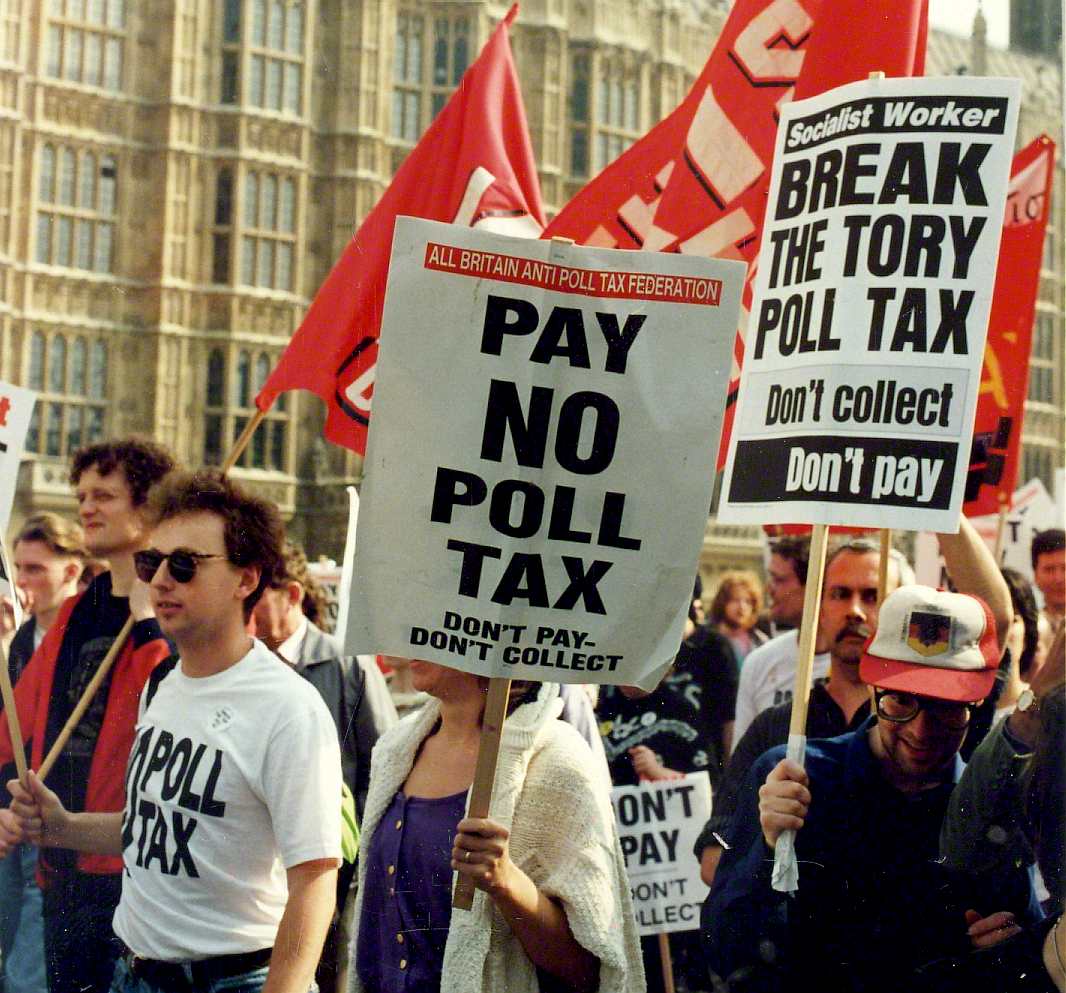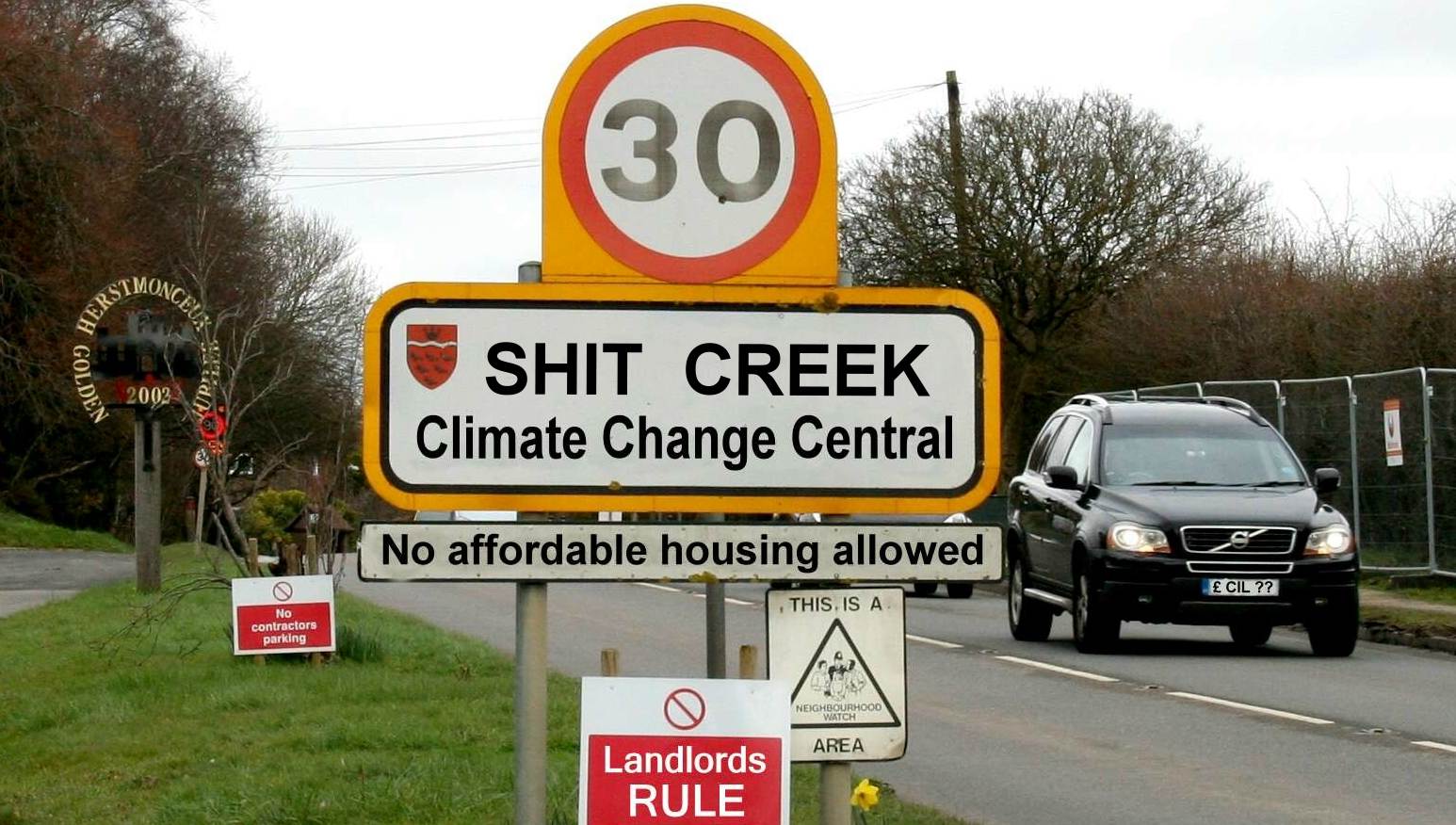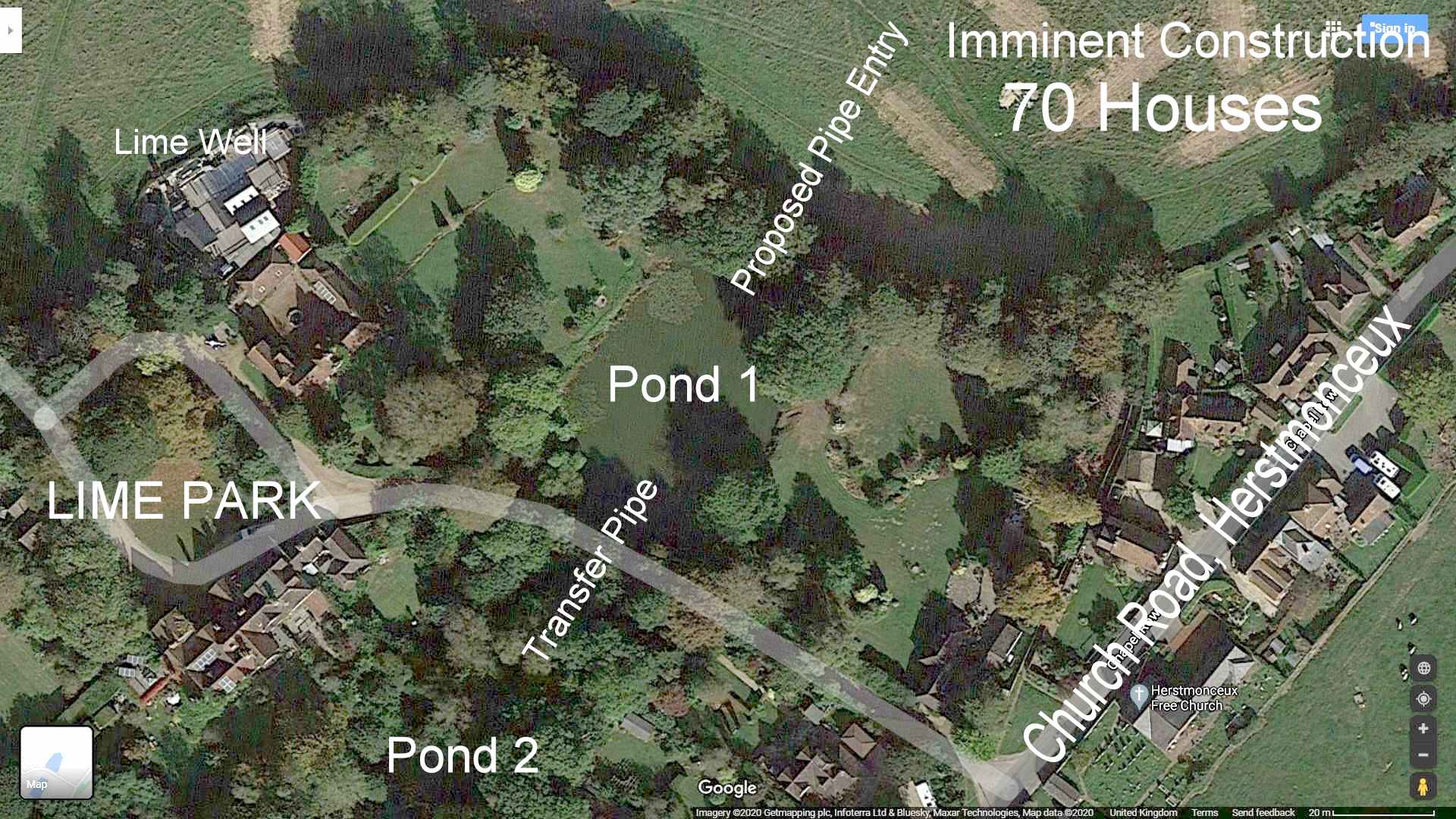|
COMPULSORY PURCHASE
Please use our A-Z INDEX to navigate this site or see our HOMEPAGE
|
|
A BUM DEAL - Wealden have allowed themselves, as have other councils, to be blackmailed by property developers, because they are too chicken to use their powers to secure land for social housing, to help the homeless and low income families in temporary accommodation. In failing to protect the vulnerable members of society, councils are nothing less than accomplices to financial slavers. What is surprising is that we have not yet seen demonstrations by the homeless!
Land for genuinely affordable housing and self-builds, or flat packs can be secured by councils to comply with the directives in the National Planning Policy Framework as to 5 and 10 year rolling stocks of land - that at the moment local authorities are fighting shy of at high cost to sustainability and climate considerations.
But in fact, the developers never had any intention of providing the affordable quotient - and councils know this - so in failing to create a legally binding arrangement, the councils are themselves complicit, the reason being that they are also kleptocratic empire builders who don't really want affordable homes in their area. Forgetting, that we need a healthy and happy workforce, where we can no longer rely on cheap immigrant labour to bail out an economy built on slavery. We need a fairer society, where workers are appreciated, rather than despised and looked down on.
Planning cowards like Wealden District Council are part of the problem, taking a low risk strategy, that involves (possibly) backhanders to developers, not so much as brown envelopes stuffed with cash, but planning favours that amount to the same thing.
Compulsory Purchase Orders (CPOs) allow public bodies to force
home and land owners to sell their property if it obstructs a regeneration project or it
is in the public interest - for the “greater public good”.
This
is a form of corruption, that is highly organised crime.
It can be anything from new roads to shopping centres. But it could also mean your home is considered a danger to the public or it is a listed building that needs to be looked after.
Watch out then for listing. It is better to be on a local list, that
allow your property to be listed. Alternatively, offer the listed
building to the council, and re-locate, to where compulsory purchase is
unlikely.
For regeneration schemes, the acquiring authority will need to meet a three point test:
- Does it meet the environmental wellbeing of the area?
- Does it meet the social wellbeing of the area?
Do public bodies have to negotiate to buy my home?
Yes, they are required to enter into meaningful negotiations.
But councils are devious and not to be trusted. The bar has been set rather low in determining what is reasonable in the past. Compulsory Purchase should be a last resort, used only if agreement cannot be reached voluntarily.
As you may imagine, purchasing green belt from canny farmers will not be
easy, where they spend their life acquiring land in the hope that it
might one day become building land. See Timothy
Frank Watson, as an example of speculation that is anti-social.
They are required to pay what the Market Value would be in the absence of the regeneration scheme. This can be very different to recent blighted sales. In addition, you may be entitled to an addition 10% or 7.5% depending on circumstances.
In France public bodies have to pay 1.5 times the price of the property to make up for the inconvenience of a compulsory purchase. But the argument against doing that in the UK is that it would encourage speculators to buy up properties in order to profit from CPOs.
Not necessarily, but it is advisable to. You should however reply to their correspondence, outlining things such as details of your ownership of the land and names of any other interested parties. If you fail to do this you may be breaking the law.
You could, but don’t push your luck, if the negotiations fall through, you face losing your home by force and you could end up getting paid a lot less. Your negotiation strength fluctuates through the process, up and down. It is a myth that the longer you wait, the more you get.
All objections have to be made in writing to the appropriate Government minister or member of the Welsh Assembly. The body trying to acquire your property has to provide you with the contact details for this person and the time period for objecting.
Get professional help when it comes to objecting to or negotiating a CPO. A solicitor or chartered surveyor should be able to help.
- Changes to the location of the scheme.
You can challenge a CPO in the High Court under the Acquisition of Land Act 1981. But you must do this within six weeks of the first time it is published in the first newspaper. However, this is extremely rarely successful and can be very expensive.
It will consider claims that:
SYMBOLIC
- Grenfell Towers is an example of council/developer negligence in terms
of safety, but villages in the south east of England and other areas are
also being overdeveloped without the infrastructure and services to support
the Conservative building boom supported by BoJo
the Clown and his Comedy Cabinet,
where thousands of expensive executive houses are being crammed into once peaceful
villages, while hundreds die sleeping on the streets and hundreds of
thousands more are under threat of eviction, or are in temporary
accommodation - due to the lack of construction of affordable homes. What are the boys
from
LINKS & REFERENCE
http:/
COUNTRYSIDE ABOMINATION & HUMAN RIGHTS VIOLATIONS - If you buy one of these (proposed) houses, not only will you be adding to global warming, but you could be letting yourself in for many years of litigation, not least of which is the potential to be charged under groundwater contamination laws. At least 40% of the houses shown are in a direct line to poison the only working well in the village - Lime Well - in the lower left of the picture. The developers will also fall foul of the Human Rights Act 1998, for interfering with the peaceful enjoyment of a water supply.
Please use our A-Z INDEX to navigate this site
|
|
|
|



